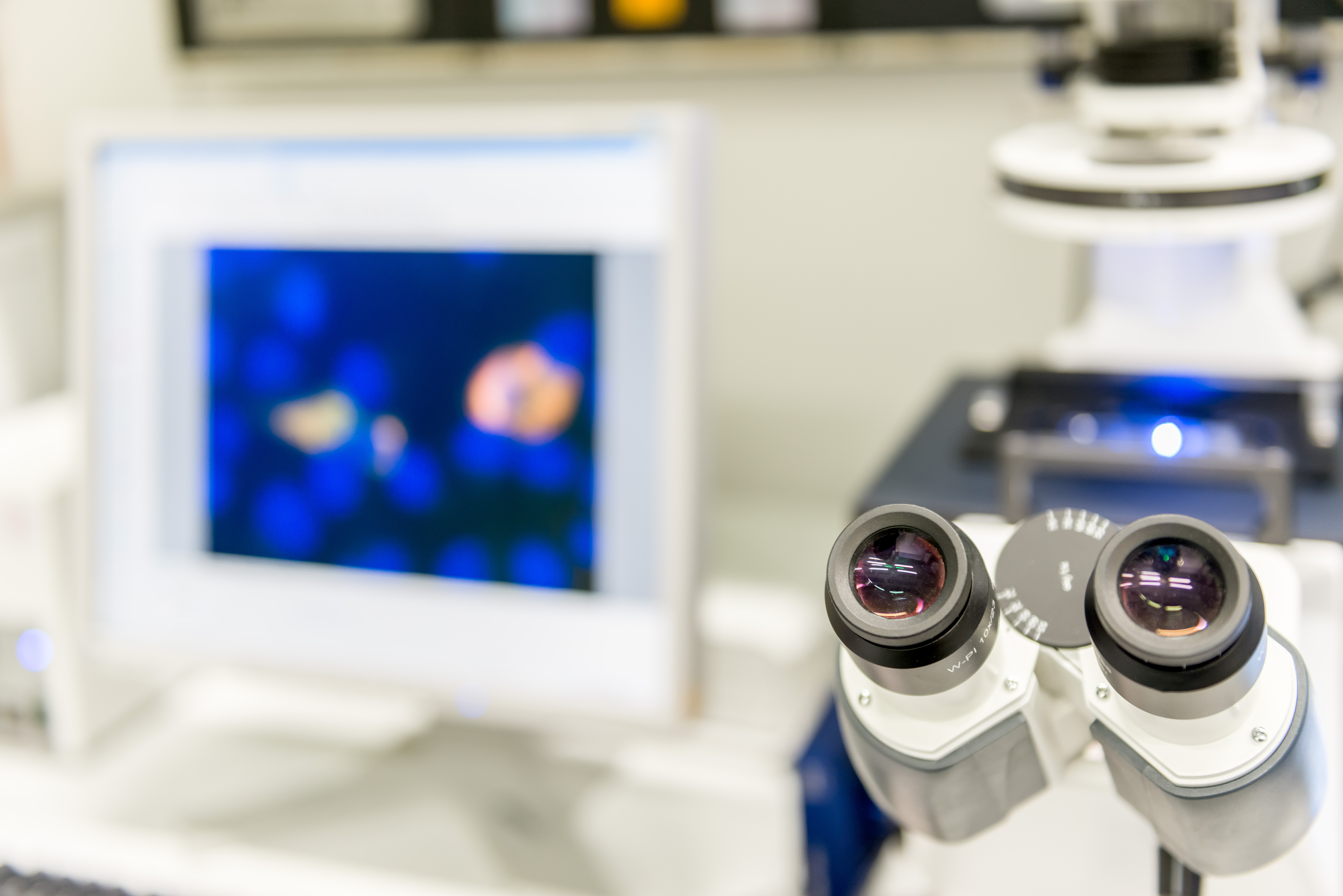Diabetes mellitus is a widespread disease, which may occur throughout the live. More than eight percent of adults worldwide suffer from this chronic metabolic disease, and importantly, children are also increasingly affected. Diabetes is associated with high blood glucose levels, which in the long term can lead to serious secondary diseases. The causes, symptoms and progression of the disease differ depending on the type of diabetes. In addition to common forms of diabetes, mainly known as type 1 and type 2 diabetes, which have a multifactorial inheritance involving both genetic and environmental factors, a small subset of diabetes cases are caused by single gene defects (monogenic inheritance).
In a joint effort, the Institute for Computational Genomics at the Uniklinik RWTH Aachen and collaborators from Ulm University (Germany) and the Cochin Institute (Paris, France) have characterized the role of the transcription factor ONECUT1 in diabetes, which was recently published in Nature Medicine. The study includes a detailed clinical and genetic characterization of a consanguineous family, which shown that complete ONECUT1 deficiency results in neonatal diabetes and partial ONECUT1 deficiency leads to adult-onset diabetes. Next, the team used directed differentiation of pluripotent stem cells to study the functional consequences of ONECUT1 mutations. Computational analysis of sequencing from pancreatic progenitors performed by the team of Prof. Costa indicated the impairment of pancreas differentiation upon ONECUT1 mutation. Moreover, his team characterized regulatory regions near important pancreas genes NKX6-1 and NKX2-2, which are controlled by ONECUT1 and become inactive with ONECUT1 mutations leading to differentiation defects.
Overall, the study characterizes the role on ONECUT1 in diabetes and will allow the improvement of diabetes diagnosis and the development of personalized therapies. It also displays the importance of the collaboration between genetics, clinical and computational researchers for the understating of complex diseases. ![]()
Mutations and variants of ONECUT1 in diabetes
Philippi*, S. Heller*, I. G. Costa*, V. Senée*, M. Breunig, Z. Li, G. Kwon, R. Russell, A. Illing, Q. Lin, M. Hohwieler, A. Degavre, P. Zalloua, S. Liebau, M. Schuster, J. Krumm, X. Zhang, R. Geusz, J. R. Benthuysen, A. Wang, J. Chiou, K. Gaulton, H. Neubauer, E. Simon, Th. Klein, M. Wagner, G. Nair, C. Besse, C. Dandine-Roulland, R. Olaso, J.-F. Deleuze, B. Kuster, M. Hebrok, Th. Seufferlein, M. Sander, B. O. Boehm, F. Oswald, M. Nicolino$, C. Julier$#, A. Kleger#
In: Nature Medicine
https://doi.org/10.1038/s41591-021-01502-7






